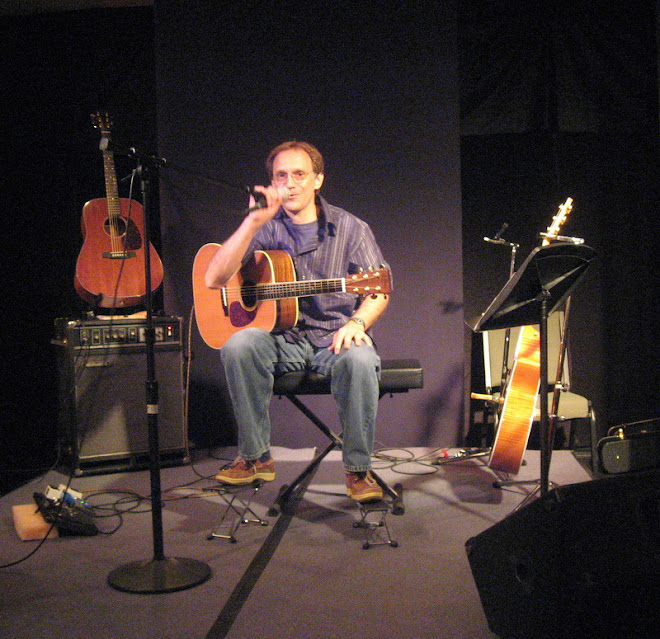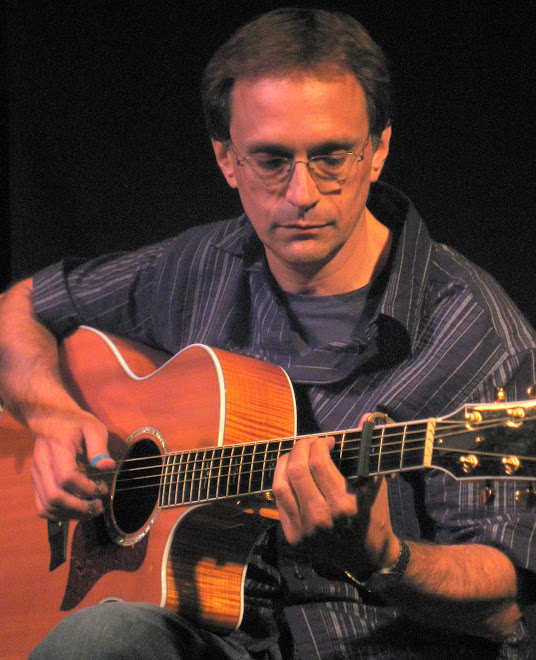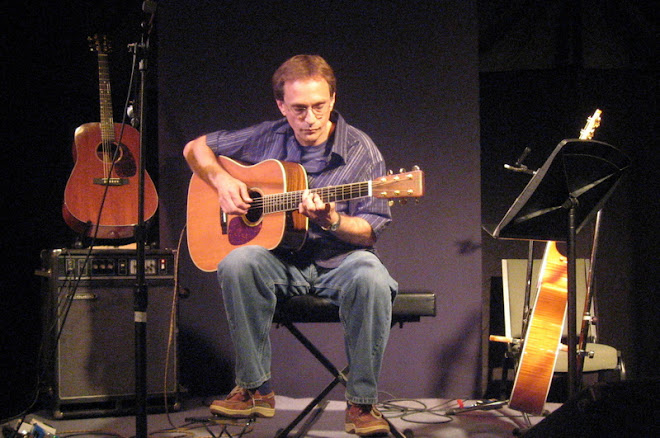I am currently taking a Health Psychology course. Most people I mention this to respond immediately with "What's that?"
This question begets another: "What is health?" The definition of health has changed considerably in the past century. In the early 1900's, health was though of as the absence of disease. This is because the diseases that were most common at that time were largely the result of contact with impure drinking water, contaminated foods, or sick people. The leading causes of death were from infectious diseases (typhoid fever, pneumonia, diptheria, influenza, tuberculosis). The afflicted either died or got well in a matter of weeks.
But during the 20th century, health changed in the U.S. - the leading causes of death changed from infectious diseases to chronic diseases such as heart disease, cancer, stroke, chronic lower respiratory diseases such as emphysema and bronchitis - all of which relate to individual behaviors and lifestyles. These diseases were not new, but the proportion of people who die from them changed. We found out how to deal with the infectious diseases and started living long enough to die of chronic diseases, which can be tied to smoking, alcohol abuse, unwise eating, stress, and sedentary lifestyle. Robert Sapolski (1998) said "We are now living long enough to slowly fall apart." Indeed, in the 20th century life expectancy increased by 30 years, thus leaving us exposed to death from diseases that 100 years ago we weren't living long enough to get.
Although chronic diseases have many causes, individual behavior and lifestyle have an enormous impact on their development. Because behavior is so important for chronic disease, psychology, which is the science of behavior, has become involved in health care. A large part of psychology's involvement in health care is a commitment to keeping people healthy, rather than waiting until after they are ill to treat them. Unlike medicine, psychology contributes to broad principles of behavior which directly impacts health issues and diseases. Why do people exercise... or why don't they? Why do people try to eat a healthy diet - or why don't they? Why do people smoke? Why can't they stop? Why to people engage in such unhealthy behaviors, and what would it take to change these behaviors? Why do people seek medical care, and at what point? Why do they fail to seek medical care? What would it take to change this behavior? How are these behaviors influenced by ethnicity, education level, income level, and age?
These are the concerns of Health Psychology.
Health is no longer defined as the absence of disease. In 1946 the World Health Organization (WHO) wrote the modern Western definition of health: "Health is a state of complete physical, mental, and social well-being, and not merely the absence of disease or infirmity.", which affirms that health is a positive state and not just the absence of disease. Feeling good is more than just not feeling bad.
Players

"Fancy Al Cath" - the story behind the name..
I have been playing and singing all my life. But when I started performing in 2006, I performed instrumentals exclusively. Apparently inspired by my guitar work, esteemed and talented Open Mic host Dan Cloutier just started introducing all my performances this way. I guess it has a hook to it, because soon thereafter I found myself being introduced that way at every performance. For a long time I vowed I would never use the moniker myself, but after it was clear that it was going to stick, I decided what the heck - seems like as good a branding exercise as anything I could come up with on my own, so why not run with it?
Fingerstyle Acoustic Guitar Lessons
Get more out of your guitar than just strumming...
I can show you how to play full, rich-sounding solo arrangements that showcase the acoustic guitar as a single self-sufficient instrument. Amazingly, it's not that hard to do - especially when someone shows you what to do. It's not about stunt work; just care, finesse, and great tone.
I specialize in searingly beautiful instrumentals in both standard and non-standard tunings (Laurence Juber, Ed Gerhard), and intricate fingerstyle guitar as vocal accompaniment (James Taylor, Bonnie Raitt).
Laurence Juber, formerly Paul McCartney’s lead guitarist in Wings, #14 on the top 100 acoustic guitarists in the world. Juber opens and closes Beatles conventions the world over with his rich, astonishingly complete-sounding instrumental arrangements of Beatles classics like Money Can't Buy Me Love, Yesterday, Let It Be, Yesterday, Here Comes The Sun, Strawberry Fields Forever, In My Life, For No One, This Boy, and more (search YouTube for Juber).
Besides his Beatles material, I also perform and teach many of Juber's other arrangements of traditionals and standards (Pink Panther, Danny Boy, Somewhere Over The Rainbow, Joy of Man, Pavane), and several of his original compositions (Love At First Sight, Cat Hill, Buffalo Nickel, Catch, The 5:55, When Harry Finally Got To Heaven).
Ed Gerhard's style, arrangements and compositions are quite different than Laurence Juber's, but just as striking. I perform and teach his mesmerizing interpretations of The Water Is Wide and Moon River.
If you aspire to this type of playing style - if you're searching for something more than just rhythm or lead - come work with me for an hour a week. I will show you how to play these irresistibly beautiful instrumentals that never fail to impress, and/or how to use your guitar to add tremendous dimension to your vocals.
I am in Sudbury, MA. My schedule is quite flexible (weekday evenings or weekends are OK), and the rate is reasonable. Email me at al@alancath.com and we'll set up a time to talk on the phone.
I can show you how to play full, rich-sounding solo arrangements that showcase the acoustic guitar as a single self-sufficient instrument. Amazingly, it's not that hard to do - especially when someone shows you what to do. It's not about stunt work; just care, finesse, and great tone.
I specialize in searingly beautiful instrumentals in both standard and non-standard tunings (Laurence Juber, Ed Gerhard), and intricate fingerstyle guitar as vocal accompaniment (James Taylor, Bonnie Raitt).
Laurence Juber, formerly Paul McCartney’s lead guitarist in Wings, #14 on the top 100 acoustic guitarists in the world. Juber opens and closes Beatles conventions the world over with his rich, astonishingly complete-sounding instrumental arrangements of Beatles classics like Money Can't Buy Me Love, Yesterday, Let It Be, Yesterday, Here Comes The Sun, Strawberry Fields Forever, In My Life, For No One, This Boy, and more (search YouTube for Juber).
Besides his Beatles material, I also perform and teach many of Juber's other arrangements of traditionals and standards (Pink Panther, Danny Boy, Somewhere Over The Rainbow, Joy of Man, Pavane), and several of his original compositions (Love At First Sight, Cat Hill, Buffalo Nickel, Catch, The 5:55, When Harry Finally Got To Heaven).
Ed Gerhard's style, arrangements and compositions are quite different than Laurence Juber's, but just as striking. I perform and teach his mesmerizing interpretations of The Water Is Wide and Moon River.
If you aspire to this type of playing style - if you're searching for something more than just rhythm or lead - come work with me for an hour a week. I will show you how to play these irresistibly beautiful instrumentals that never fail to impress, and/or how to use your guitar to add tremendous dimension to your vocals.
I am in Sudbury, MA. My schedule is quite flexible (weekday evenings or weekends are OK), and the rate is reasonable. Email me at al@alancath.com and we'll set up a time to talk on the phone.

Acoustic guitar as entertainment
Music for special events...
My instrumental guitar music is ideal for mature situations like wedding cocktail hours, corporate functions, or dinner parties where you're looking for something entertaining but non-intrusive going on in the background.
Much of the material consists of intricate, full-sounding guitar arrangements of popular, recognizable material that most everyone loves - from classic Beatles tunes like Let It Be, Yeserday, Here Comes The Sun, Strawberry Fields Forever, and In My Life, to standards like Somewhere Over The Rainbow, Moon River, The Water Is Wide, and Danny Boy (see video at right).
My instrumental guitar music is ideal for mature situations like wedding cocktail hours, corporate functions, or dinner parties where you're looking for something entertaining but non-intrusive going on in the background.
Much of the material consists of intricate, full-sounding guitar arrangements of popular, recognizable material that most everyone loves - from classic Beatles tunes like Let It Be, Yeserday, Here Comes The Sun, Strawberry Fields Forever, and In My Life, to standards like Somewhere Over The Rainbow, Moon River, The Water Is Wide, and Danny Boy (see video at right).
.jpg)
What is the goal?
I have a lifetime of musical involvement in one form or another, first keyboards, later guitars (6-string acoustic and electric, 12-string, pedal steel). My style is not about high speed gymnastics - it's about touch and finesse; it's about making making every note count. My goal as a musician is to evoke strong emotion in the listener; I go straight for the heart.
After a recent performance at the Sit 'n' Bull Pub, emcee and professional musician Seth Connelly told the crowd, "I have spent a lot of time putting love into a guitar, but I don't remember when I've heard so much love coming out of one."
That... is exactly what I strive to accomplish.
I have a lifetime of musical involvement in one form or another, first keyboards, later guitars (6-string acoustic and electric, 12-string, pedal steel). My style is not about high speed gymnastics - it's about touch and finesse; it's about making making every note count. My goal as a musician is to evoke strong emotion in the listener; I go straight for the heart.
After a recent performance at the Sit 'n' Bull Pub, emcee and professional musician Seth Connelly told the crowd, "I have spent a lot of time putting love into a guitar, but I don't remember when I've heard so much love coming out of one."
That... is exactly what I strive to accomplish.

Although my musical interests are as varied as their influences, there is always a common theme in what I choose to play - highly musical, sensitive renditions that you are likely to recognize and guaranteed to enjoy. To keep things interesting, I like to switch back and forth from vocal tunes with story-telling lyrics and active guitar accompaniment to intricate acoustic finger style instrumentals that are as fun to watch as they are to hear. I also switch guitars to best accommodate the varied material and tunings I use.


The Canvas Gallery - San Francisco, CA 8/06
.jpg)
Musings on other subjects...
Friday, October 26, 2007
Subscribe to:
Post Comments (Atom)



No comments:
Post a Comment